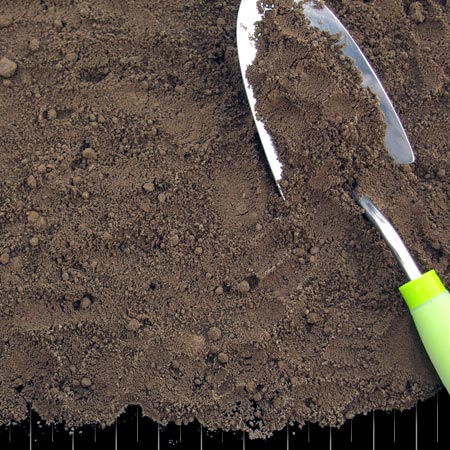
loam [lohm] ExamplesWord Origin noun
- a rich, friable soil containing a relatively equal mixture of sand and silt and a somewhat smaller proportion of clay.
- a mixture of clay, sand, straw, etc., used in making molds for founding and in plastering walls, stopping holes, etc.
- earth or soil.
- Obsolete. clay or clayey earth.
verb (used with object)
- to cover or stop with loam.
Origin of loam before 900; late Middle English lome, earlier lam(e), Old English lām; cognate with Dutch leem, German Lehm loam, clay; akin to lime1 Related formsloam·i·ness, nounloam·less, adjectiveloam·y, adjective Examples from the Web for loaming Historical Examples of loaming
At the first loaming of the ship vpon the river, wee found (as was foretold us) all the Countrey in Armes.
Great Epochs in American History, Vol. II
Various
British Dictionary definitions for loaming loam noun
- rich soil consisting of a mixture of sand, clay, and decaying organic material
- a paste of clay and sand used for making moulds in a foundry, plastering walls, etc
verb
- (tr) to cover, treat, or fill with loam
Derived Formsloamy, adjectiveloaminess, nounWord Origin for loam Old English lām; related to Old Swedish lēmo clay, Old High German leimo Word Origin and History for loaming loam n.
Old English lam “clay, mud, mire, earth,” from Proto-Germanic *laimaz (cf. Old Saxon lemo, Dutch leem, German Lehm “loam”), from PIE root *(s)lei- “slimy” (see slime (n.)). As a type of highly fertile clayey soil, it is attested from 1660s. As a verb from c.1600.
loaming in Science loam [lōm]
- Soil composed of approximately equal quantities of sand, silt, and clay, often with variable amounts of decayed plant matter.
 Liberal Dictionary English Dictionary
Liberal Dictionary English Dictionary



